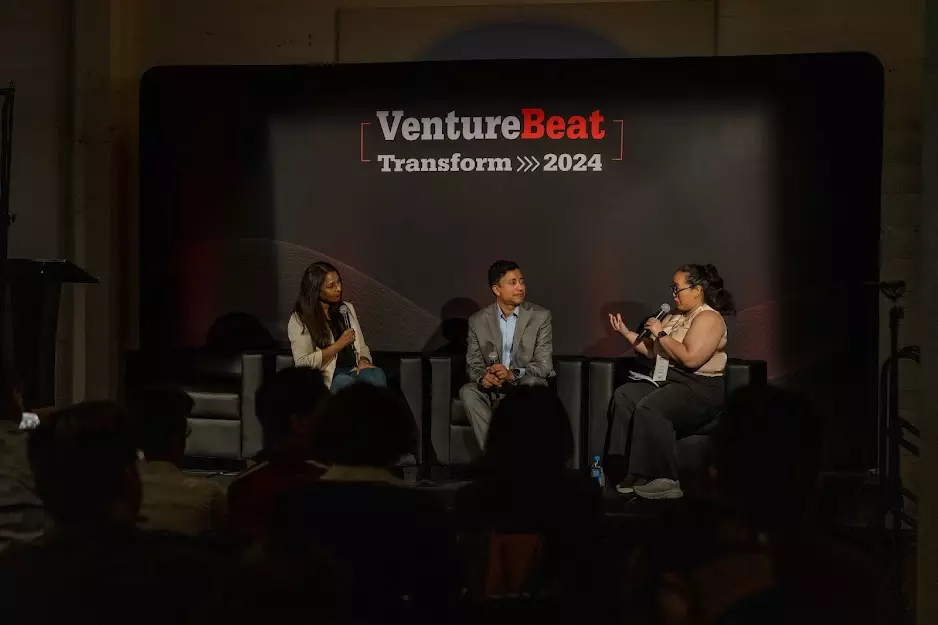Bringing generative AI into the medical field is not just about incorporating new technology; it’s about optimizing time management for everyone involved. Kiran Mysore, chief data and analytics officer at Sutter Health, and Aashima Gupta, Google Cloud Director for global healthcare, emphasized during a panel discussion at VentureBeat’s Transform event that generative AI has successfully minimized the administrative burdens associated with clinical visits. Gupta highlighted the concept of ‘pajama time,’ illustrating the idea that physicians often spend twice as much time searching for information and organizing data as they do actually interacting with patients.
The healthcare industry has always been at the forefront of adopting technological innovations. Mysore pointed out that platforms like Epic have played a crucial role in digitizing health information by allowing patients to input their data and facilitating communication between patients and healthcare providers. When the Covid-19 pandemic struck, there was a surge in the demand for accessible health information, prompting a swift response from the industry to meet these evolving needs.
Generative AI has introduced numerous opportunities for enhancing healthcare practices, ranging from streamlining workflow processes to analyzing medical imagery efficiently. Major organizations such as Kaiser Permanente have already integrated AI solutions into their operations, utilizing predictive analytics for proactive patient monitoring. Gupta and Mysore emphasized that one of the key benefits of generative AI is its ability to enhance the patient-physician interaction, making healthcare consultations more personalized and engaging.
At Sutter Health, AI technologies have been instrumental in enhancing both patient and physician experiences. Mysore highlighted the significance of enabling physicians to engage more actively with patients, rather than being preoccupied with data entry tasks. By leveraging AI to capture real-time conversations between patients and physicians, healthcare professionals can gain valuable insights into patient histories and allocate more time to address their specific needs.
While generative AI has immense potential in healthcare settings, Gupta emphasized that its current applications do not extend to diagnosing patients. Instead, Google Cloud aims to empower clients by providing advanced data analysis tools that enable them to extract actionable insights from existing data sets. By developing customized solutions like MedLM, Google Cloud offers healthcare institutions the ability to streamline tasks such as summarizing nurse shifts and identifying potential correlations between medical conditions and treatments.
Despite the promising capabilities of generative AI, there is still some apprehension and skepticism surrounding its implementation, particularly among healthcare professionals. Mysore acknowledged the importance of engaging with physicians who are open to embracing change and providing them with adequate support and training to overcome potential challenges. Gupta emphasized the need for transparency and collaboration when introducing AI technologies in heavily regulated industries like healthcare, ensuring that user concerns are addressed effectively.
The integration of generative AI in healthcare represents a transformative shift towards more personalized and efficient patient care. By leveraging advanced technologies to optimize clinical processes and enhance the patient experience, healthcare providers can pave the way for a new era of innovation and excellence in healthcare delivery.


Leave a Reply